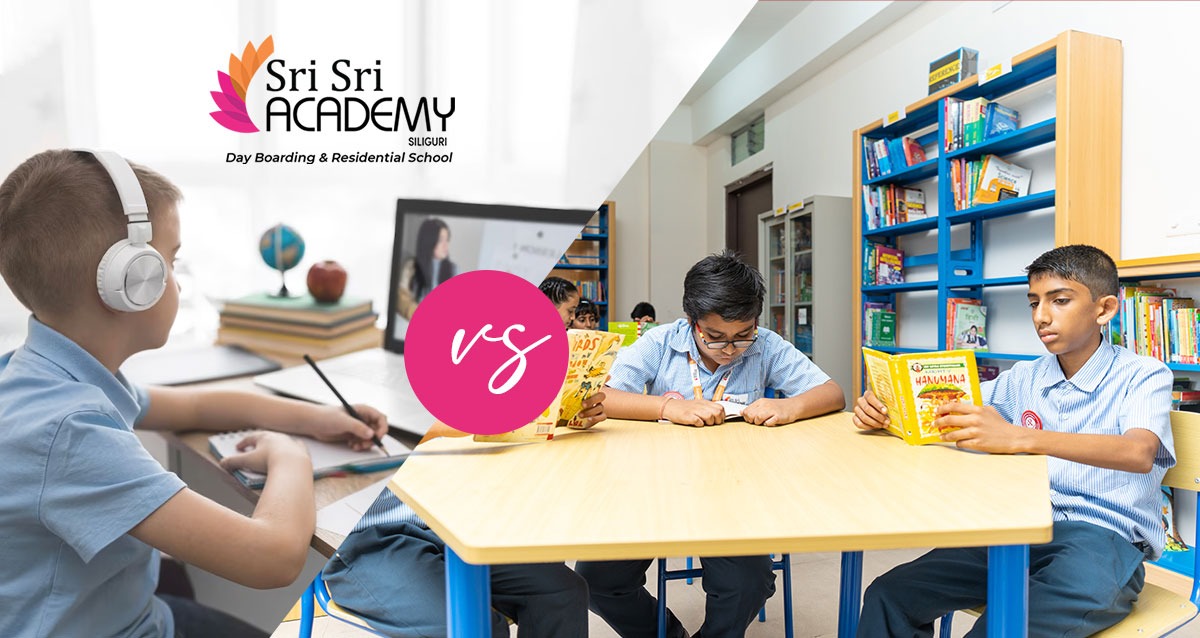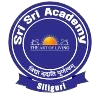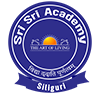
A Comprehensive Comparison Between Online Education and Traditional Education
With the advancement of technology and the internet, the traditional educational system has experienced significant change. Today, residential schools in Siliguri are increasingly using online education as a viable alternative to traditional classroom instruction.
Both online education and conventional education have benefits and drawbacks, and it is critical to grasp the distinctions between the two before determining which is best suited to an individual’s requirements.
What Exactly Is Traditional Education?
The term “traditional education” describes the long-standing formal education system. It often involves attending a regular school where students are instructed by qualified teachers in a structured environment.
One of the primary benefits of conventional education at residential schools in Siliguri is the opportunity for socializing. Students may engage with one another and learn from one another as well as their professors. Kids can also participate in extracurricular activities like sports teams and clubs, which can help them develop crucial life skills like teamwork and leadership.
Pros of Traditional Education
Personal Interaction and a Feeling of Community
Traditional education offers students with personal interaction and a sense of community, which may be useful for learning and personal growth.
Access To Resources
Conventional education gives students access to resources and facilities that might help them study, such as libraries and labs.
Structure
For some pupils, traditional schooling provides a more organized and disciplined learning environment.
Hands-on learning
Traditional education allows students to participate in hands-on learning activities and experiments, which can help them absorb and remember knowledge more effectively.
Cons of Traditional Education
Lack Of Flexibility
Conventional education may be less flexible than online education, which may disadvantage people with demanding schedules or who study best on their own.
Restricted Access
Traditional schooling may be inaccessible to kids who reside in distant areas or who have impairments.
Increased Cost
Conventional schooling is sometimes more expensive than online education due to higher administrative costs.
What Exactly Is Online Education?
Online learning can be summed up as learning using technology, particularly the Internet. Today, online education has grown in popularity as more students prefer flexible and accessible methods to learn.
The flexibility that online education provides is one of its key benefits. One may learn at their own pace and on their own time with online classes.
Pros of Online Education
Flexibility
Online education at residential schools in Siliguri allows students to learn at their own pace which can be advantageous for individuals who have active programs or who learn best on their own.
Variety
Online education may provide a broader range of courses, timetables, and degree options.
Cost
Because there are fewer administrative expenses connected with online education, it is frequently less expensive than traditional schooling.
Accessibility
Online education at boarding schools makes education available to persons who would not otherwise be able to pursue it, such as those living in rural areas or with disabilities.
Cons of Online Education
Absence Of Face-To-Face Engagement
Online education does not always give the personal interaction and sense of community that traditional education does.
Restricted Access To Resources
Online education may not give students the same degree of access to resources and facilities as traditional education, such as libraries and labs.
Distractions
Because there are so many things to do on the internet, students may be more easily sidetracked, which might interfere with their learning.
A Lack Oof Organization
Online education may not always give the structure and discipline that traditional education does.
Conclusion
To summarise, both online and traditional schooling offer their own pros and cons. By enabling students to study at their own pace and on their own schedule, online education offers greater flexibility and accessibility. On the other hand, traditional schooling offers a more structured environment with possibilities for face-to-face interaction and practical learning.
While deciding on the best style of education for your child, it is vital to consider their unique circumstances and interests as the decision between online and traditional education should be driven by one’s needs, goals, and interests. By understanding the distinctions between the two, individuals may make well-informed educational decisions and meet their academic and professional goals.

